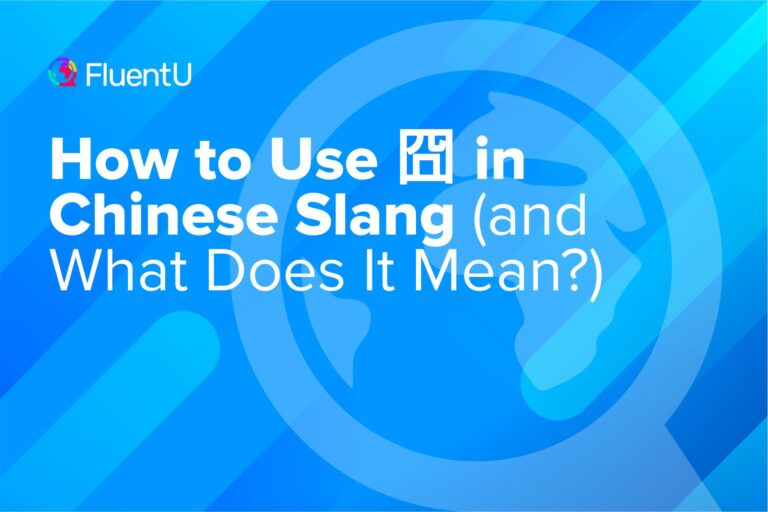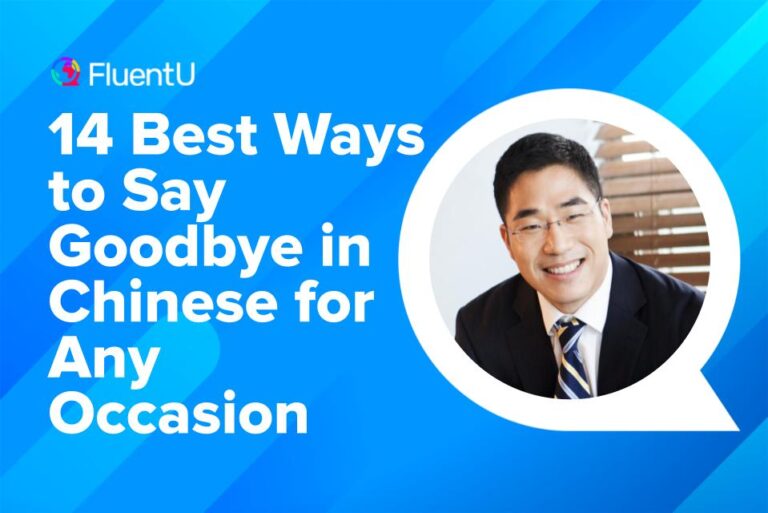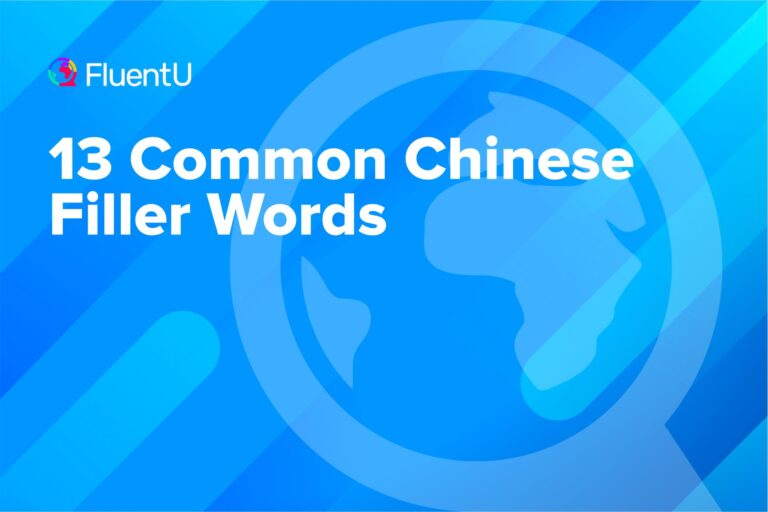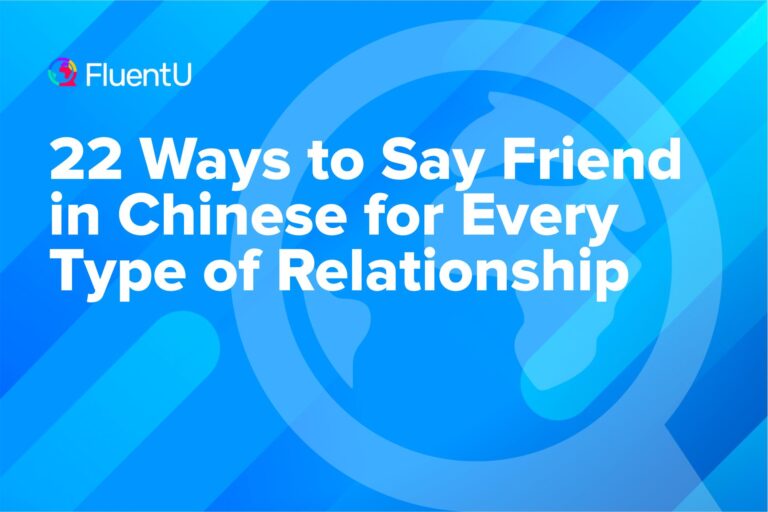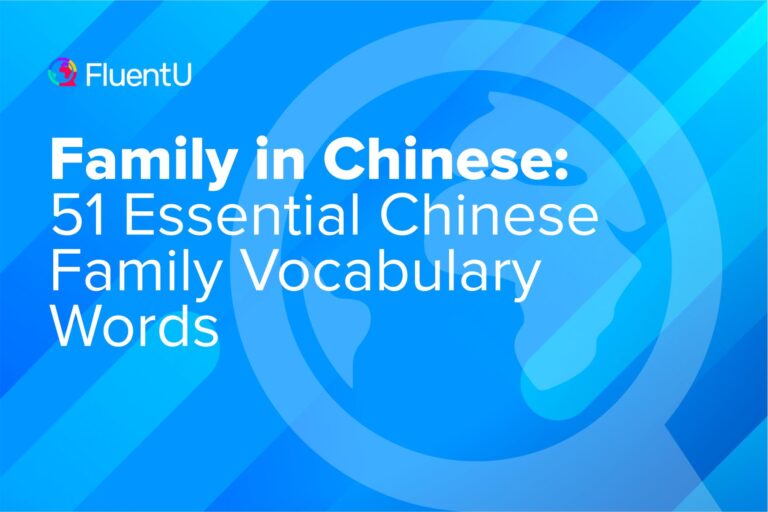然后 vs 之后 vs 以后: How to Say “After” in Chinese
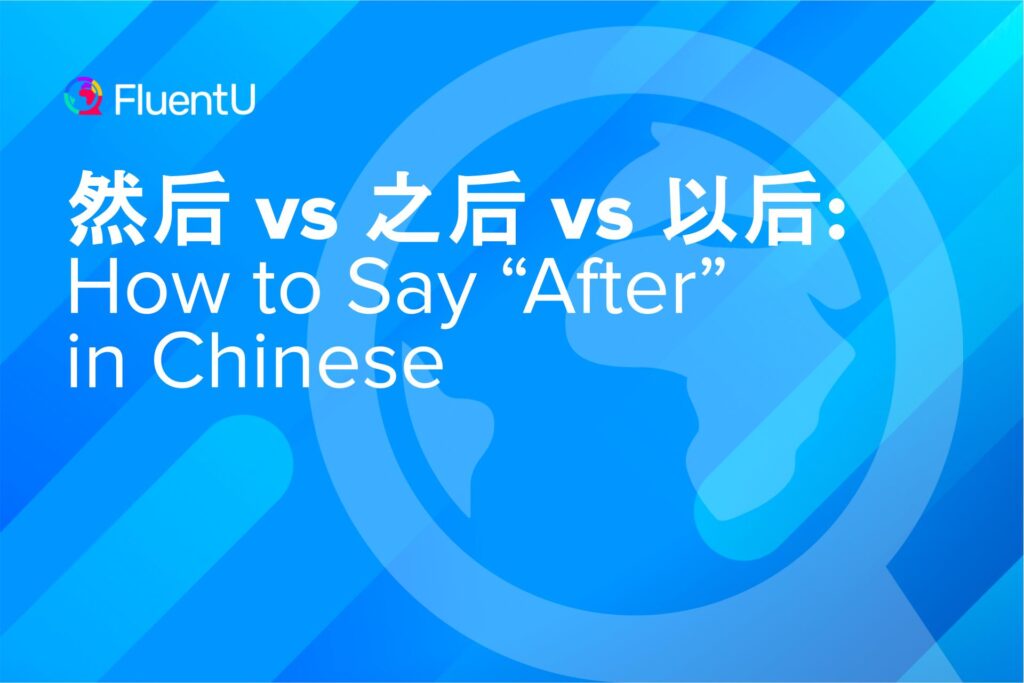
然后, 以后 and 之后 all mean “after” or “behind,” but there are certain times when you should only use one and not the others. In this guide, we’ll go over the nuances in all of their meanings, how to use them correctly and when to use each one.
Download: This blog post is available as a convenient and portable PDF that you can take anywhere. Click here to get a copy. (Download)
然后 (rán hòu)
Meaning: Then; after that; afterwards
然后 is used to signify the passing of time, especially when narrating a story or telling a sequence of events. It’s similar to how in English, there’s first, then, last/finally. For example, when you go on vacation you first check into the hotel and then go to your room to freshen up.
Now let’s look at some examples in Chinese:
首先,把鸡蛋打散,这个应该没啥可说的,无非就是把鸡蛋磕在碗里,然后拿着筷子 … 然后切葱花 。
(shǒu xiān, bǎ jī dàn dǎ sǎn, zhè gè yīng gāi méi shá kě shuō de, wú fēi jiù shì bǎ jī dàn kē zài wǎn lǐ, rán hòu ná zhe kuài zi … rán hòu qiē cōng huā.)
First, beat the eggs, this should be straight forward, just beat the eggs in the bowl, then take the chopsticks … then cut the green onions.
为了增加营收,到了冬季,疗养院留下的工作人员就开始包饺子,然后速冻起来送到上级单位,以此获得一点收入。
(wèi le zēng jiā yíng shōu, dào le dōng jì, liáo yǎng yuàn liú xià de gōng zuò rén yuán jiù kāi shǐ bāo jiǎo zi, rán hòu sù dòng qǐ lái sòng dào shàng jí dān wèi, yǐ cǐ huò dé yī diǎn shōu rù.)
In order to increase revenue during the winter, the nursing home staff made dumplings, and then froze them, and sent them to higher level units to earn a little more money.
先在Word或者记事本中撰写文章,然后再将其复制到WordPress等博客平台是大部分用户的做法。
(xiān zài Word huò zhě jì shì běn zhōng zhuàn xiě wén zhāng, rán hòu zài jiāng qí fù zhì dào WordPress děng bó kè píng tái shì dà bù fen yòng hù de zuò fǎ.)
Writing a rough draft in Word or Notepad first, and then copying it into the WordPress blog platform is the typical practice of most users.
以后 (yǐ hòu)
Meaning: After; afterwards; later; hereafter; from now on
以后 is refers to the future, that later on or from here on out “X” will happen or not happen. If your friend is always 20 minutes late for dinner, you could say that from now on, you’ll arrive 15-20 after the time you agreed upon.
Here are some examples:
当城市入夜以后,华灯初上,景色迷人,一天暴戾之气渐散,是时候放松自己了。
(dānɡ chéng shì rù yè yǐ hòu, huá dēng chū shàng, jǐng sè mí rén, yì tiān bào lì zhī qì jiàn sàn, shì shí hou fàng sōng zìjǐ le.)
After the city is dark, when the lights first turn on, with mesmerizing sights, the whole day’s noise gradually fades, it’s time to relax.
刘翔结束训练回国,被告知以后再也不用怕脚伤了。
(liú xiáng jié shù xùn liàn huí guó, bèi gào zhī yǐ hòu zài yě bú yòng pà jiǎo shāng le.)
Liu Xiang finished training and returned home, he was told that from now on he would never need to be afraid of hurting his foot.
每工作2个小时以后就应该站起来让眼睛休息一下。
(měi gōng zuò 2 gè xiǎo shí yǐ hòu jiù yīng gāi zhàn qǐ lái ràng yǎn jīng xiū xi yí xià.)
After every time you work for two hours, you should stand up and allow your eyes to rest a bit.
之后 (zhī hòu)
Meaning: After; behind; afterwards
之后 can be used to mean immediately after, literally/physically behind something or afterwards (like 然后). For example, I parked the car behind 53rd Street.
Let’s look at some examples:
暴跌之后突发重大利好,A股有望迎来报复性反弹。
(bào diē zhī hòu tū fā zhòng dà lì hǎo, A gǔ yǒu wàng yíng lái bào fù xìng fǎn tán.)
After a slump, the sudden positive A shares are expected to rebound.
诸瑛出生于1982年,2004年考取上海市台球协会的资质证明,之后她便开始了执法。
(zhū yīng chū shēng yú 1982 nián, 2004 nián kǎo qǔ shàng hǎi shì tái qiú xié huì de zī zhì zhèng míng, zhī hòu tā biàn kāi shǐ le zhí fǎ.)
Zhu Ying was born in 1982, got into the Shanghai Billiards Association in 2004 to obtain credentials, and afterwards, she began law enforcement.
我会在放学之后去图书馆。
(wǒ huì zài fàng xué zhī hòu qù tú shū guǎn.)
I will go to the library after school.
When to Use 然后 vs 之后 vs 以后
然后 vs 之后
Out of the three main uses for 之后, one of the meanings can be interchanged with 然后. However, when using 然后, the amount of time between events can be longer compared to 之后 (which implies more of an “immediately after” meaning).
然后 is usually used after a “first” or “first of all.”
之后 vs 以后
When using 以后 there is a gap of time that will have lapsed, like the next time you’ll have Christmas dinner. When using 之后, the lapsed time is a lot shorter than it would be when using 以后, such as what to do immediately after you finish dinner.
In a situation where the time isn’t clear, either could be used.
以后 vs 然后
The main difference between these two is that 以后 is used at the end of a sentence but 然后 is at the beginning (of a sentence, clause or phrase).
One other difference is that 以后 could be used along with words that express a certain time but 然后 can’t.
然后 vs 之后 vs 以后 Practice Quiz
Each of the following sentences uses either 然后, 之后 or 以后. Fill in the blank with the correct one and check your answers below.
1. 我吃了饭,___去散步。(wǒ chī le fàn, ___ qù sàn bù.) — I ate dinner, then went for a walk.
2. 毕业___,我想去旅行。(bì yè ___, wǒ xiǎng qù lǚ xíng.) — After graduation, I want to travel.
3. 吃饭___,我去散步。(chī fàn ___, wǒ qù sàn bù.) — After eating, I go for a walk.
4. 她完成了作业,___看电视。(tā wán chéng le zuò yè, ___ kàn diàn shì.) — She finished her homework, then watched TV.
5. 考试___,我们可以放松一下。(kǎo shì ___, wǒ men kě yǐ fàng sōng yī xià.) — After the exam, we can relax a bit.
6. 学会游泳___,我可以去海边玩。(xué huì yóu yǒng ___, wǒ kě yǐ qù hǎi biān wán.) — After learning to swim, I can go to the beach to play.
7. 十年___,城市变化很大。(shí nián ___, chéng shì biàn huà hěn dà.) — Ten years later, the city changed a lot.
8. 我们去超市买东西,___回家做饭。(wǒ men qù chāo shì mǎi dōng xī, ___ huí jiā zuò fàn.) — We went to the supermarket to buy things, then went home to cook.
9. 攒够钱___,我想买房子。(zǎn gòu qián ___, wǒ xiǎng mǎi fáng zi.) — After saving enough money, I want to buy a house.
10. 他先洗澡,___睡觉。(tā xiān xǐ zǎo, ___ shuì jiào.) — He took a shower first, then went to sleep.
Answer key:
1. 然后 and 之后 are okay
2. 以后 and 之后 are okay
3. 之后
4. 然后
5. 之后
6. 以后 and 之后 are okay
7. 以后 and 之后 are okay
8. 然后 and 之后 are okay
9. 以后 and 之后 are okay
10. 然后
Hopefully, this has helped you clear up the difference between these commonly confused terms. With practice, you’ll get it down in no time.
And you can always bookmark or download this post for reference, and use FluentU to reinforce what you’ve just learned.
FluentU takes authentic videos—like music videos, movie trailers, news and inspiring talks—and turns them into personalized language learning lessons.
You can try FluentU for free for 2 weeks. Check out the website or download the iOS app or Android app.
P.S. Click here to take advantage of our current sale! (Expires at the end of this month.)
Download: This blog post is available as a convenient and portable PDF that you can take anywhere. Click here to get a copy. (Download)
And One More Thing...
If you want to continue learning Chinese with interactive and authentic Chinese content, then you'll love FluentU.
FluentU naturally eases you into learning Chinese language. Native Chinese content comes within reach, and you'll learn Chinese as it's spoken in real life.
FluentU has a wide range of contemporary videos—like dramas, TV shows, commercials and music videos.
FluentU brings these native Chinese videos within reach via interactive captions. You can tap on any word to instantly look it up. All words have carefully written definitions and examples that will help you understand how a word is used. Tap to add words you'd like to review to a vocab list.
FluentU's Learn Mode turns every video into a language learning lesson. You can always swipe left or right to see more examples for the word you're learning.
The best part is that FluentU always keeps track of your vocabulary. It customizes quizzes to focus on areas that need attention and reminds you when it’s time to review what you’ve learned. You have a 100% personalized experience.
Start using the FluentU website on your computer or tablet or, better yet, download the FluentU app from the iTunes or Google Play store. Click here to take advantage of our current sale! (Expires at the end of this month.)




